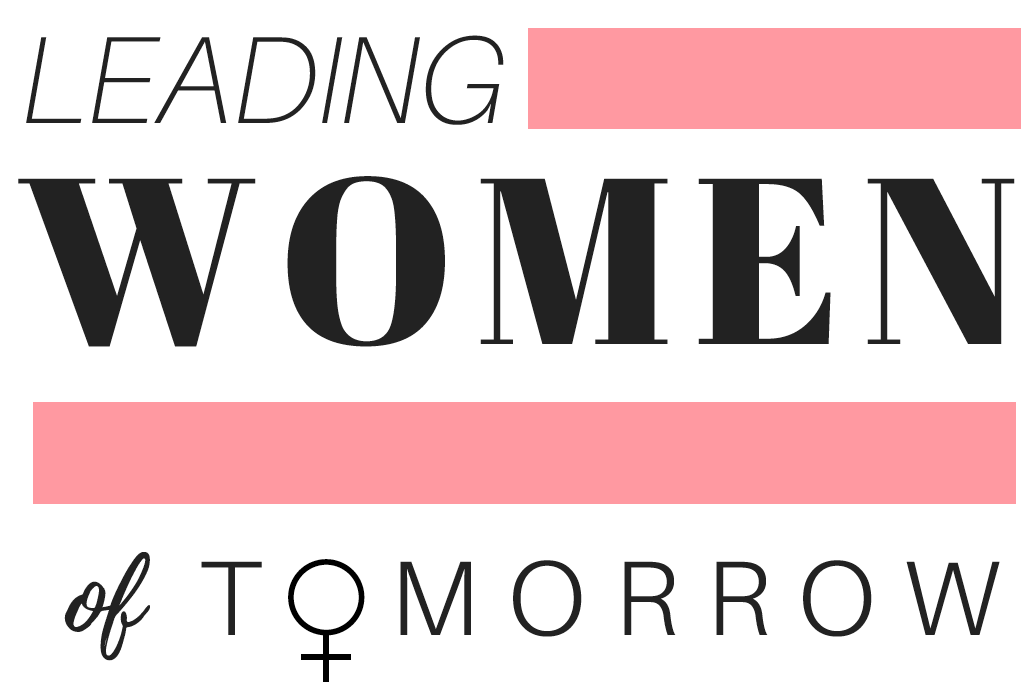Amy Coney Barrett and the Blank Notepad
Source: New York Post
Sitting in on her second day of confirmation hearings, Judge Amy Coney Barrett indicated that, during the several-hour meeting, she didn’t take (nor prepare beforehand) any notes. Her admission was genuinely impressive, and it earned praise from those in the hearing room. However, Barrett’s blank notepad may demonstrate more than her obvious command over the law.
Barrett, who currently serves as a judge on the Seventh Circuit of the U.S. Court of Appeals, refused to discuss her personal views on major political issues at her Supreme Court confirmation hearings, such as abortion, the Affordable Care Act (ACA), gun control, family separation at the U.S./Mexican border, and LBGTQ+ rights. When pressed by senators, Barrett maintained that she “has no agenda”, citing “the Ginsberg Rule” (the unofficial understanding, named after the late Justice Ruth Bader Ginsberg, that judges shouldn’t give any indications of where they stand on a case, because it would “display disdain for the entire judiciary process”) as the reason for her discretion. It’s a common tactic used by Supreme court nominees to avoid answering controversial questions. Barrett also declined to clarify whether she’d recuse herself in the event of a dispute between President Trump (who has been insistent on her confirmation before November 3, since the Republican party believes it may be the deciding factor of the presidential election) and former vice president Joe Biden, despite there being a potential conflict of interest.
Because little is known about Barrett’s personal stances on pertinent issues, let’s use a principle that serves as the foundation of her legal proceedings (originalism) to try and decipher them. For Barrett, precedent is king - but if given a seat on the Supreme Court, will her reliance on the past reflect her personal biases, or will she be able to maintain impartiality?
According to Merriam Webster, originalism is a legal doctrine that believes our understanding of the Constitution should be based upon its original meanings at the time it was written. This belief is one of the principles that defines Barrett, as well as paralleled by her late mentor, Supreme Court Justice Antonin Scalia. Barrett herself has written prolifically about the importance of originalism in the court of law, saying that “the decisions of prior generations, cast in ratified text, are controlling until lawfully changed. The contours of those decisions are typically discerned by historical sources.”
As a Supreme Court justice, Barrett has the power to overturn previous Supreme Court rulings. A reliance on originalism means that, if given the opportunity, Barrett may put rulings such as Rov v. Wade, which legalized abortion in the United States, into jeopardy. While the Supreme Court has thus far maintained that women in America have the right to get an abortion, there is a possibility that the decision (in her opinion) doesn’t align with the original meaning of the Constitution, she might vote to overturn it. While Barrett denied that she will exhibit any personal bias on a potential revisit of Roe v. Wade, given her past history, Democrats have presented this as a possibility.
A conservative, Barrett has a personal and professional track record of voting against abortion rights, especially in her home of Indiana. For example, in 2018, when considering two separate laws regarding abortion, Barrett sided, in both instances, in favor of the law that requires all fetal matter to be buried or cremated, as well as the law that banned abortions based on sex or disability. Additionally, in 2019, Barrett ruled in support of a law that strengthened criteria for the notification of parents if their children (who are still minors) get abortions. (In all three cases, Barrett was in the losing party.) Barrett also joined anti-abortion advocacy groups at her alma mater, the University of Notre Dame, as well as gave a speech in the “Right to Life” group. She also admitted to signing a letter, while at church, that was critical of Roe v. Wade’s “barbaric legacy”, stating that the letter aligned with the beliefs of her place of worship.
No matter how much Barrett claims she will divorce her personal views from her place in court, there is no denying that her stances have influenced her decisions as a judge. Of course, that applies to all judges to some degree, but it’s important to highlight that, regardless of what one might say, everyone has an agenda. There’s no way you can’t have one. While it’s not a crime to vote in a way that aligns with your beliefs, it’s unethical to claim that you have no agenda, when the past suggests otherwise.
If Barrett became a Supreme Court justice, the Supreme Court would have a 6-3 conservative majority, which could undo decisions that have granted rights to marginalized people across America. In 2020, we can’t afford to take that risk, and unless she changes her tune, it’s in our best interest that Barrett doesn’t become the next Supreme Court justice.
Justice is blind, and our Supreme Court should reflect that. We should all be free to believe what we believe, but at the end of the day, we must count on our Supreme Court justice to vote for what’s right. Yes, the past shaped America into the country it is today, but it’s the interpretations for the America of tomorrow that will define what the nation will become. Until we know what Barrett believes is right, that future will remain as ambiguous and blank as her notepad.

